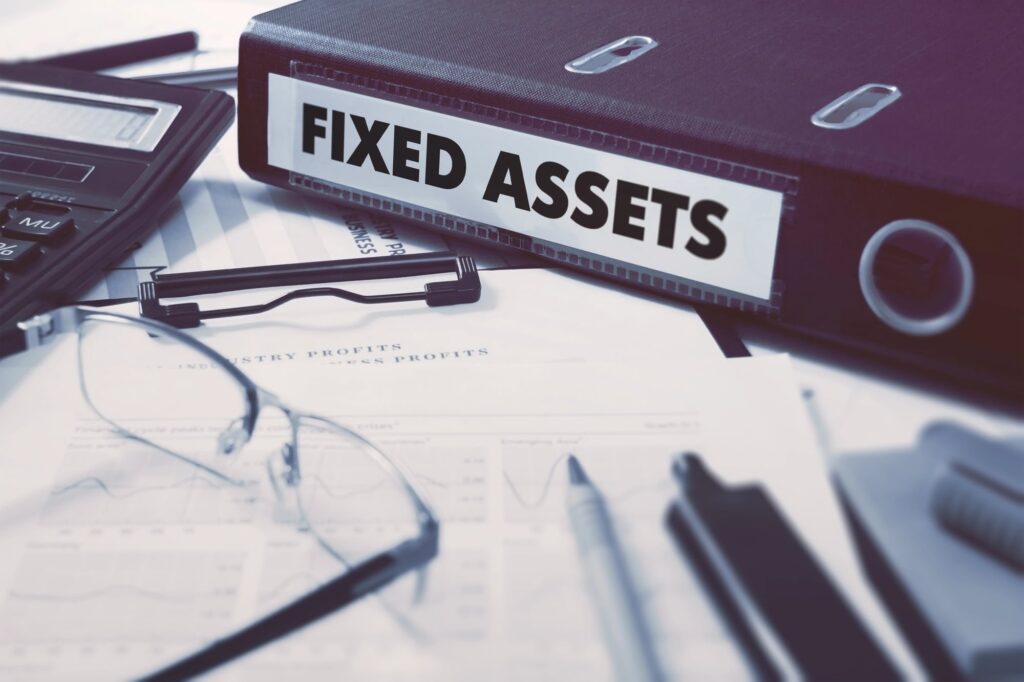Some of the most common questions we field from our small business customers are in regard to how to file their business personal property (BPP) tax returns. Particularly in South Carolina, who historically have had inconsistent processes across counties. For the average business owner, the need for reporting and the related tax can be confusing. I previously touched on business personal property tax, but we’re going to dive much deeper in this article in an FAQ format that’s hopefully logical and easy to digest.
How do I know if my business needs to file a business personal property tax return in South Carolina?
If your business uses furniture, fixtures or equipment then you will need to file a business personal property (BPP) tax return. If you don’t file a business personal property tax return, your county Auditor is likely to assess a value of furniture, fixtures and equipment to your business based on the average of what other businesses in your industry use. Therefore, you should file the return with the actual information from your business.
How is the tax calculated?
BPP tax in South Carolina is calculated with the following formula:
Business Personal Property Tax = Assessment Value x Your County’s Millage Rate
What is the assessment ratio in South Carolina?
The assessment ratio is the assessed value of the property to be taxed, per the above. The formula to calculate the assessment value is:
Assessment Value = Net Depreciated Value of Business Assets x 10.5%
All business personal property in South Carolina is assessed at a rate of 10.5%.
What assets need to go on my BPP tax return?
The assets listed on your BPP tax return will be the same as the list of assets on your business’ South Carolina income tax return.
How do I calculate the value of each asset on the BPP tax return?
Generally, South Carolina conforms to the (federal) Internal Revenue Code (IRC), though the state passes this legislation each year so it has the potential to vary. Therefore, federal tax laws for calculating depreciation are generally used to calculate the net depreciated value of your business’ assets. There are two important exceptions, however:
- For South Carolina BPP purposes, assets can only be depreciated a maximum of 90%. In other words, a depreciable asset with a basis of $10,000 can never have a net depreciable value less than $1,000 for BPP purposes.
- South Carolina does not conform to IRC Section 168, at least at the time of this writing. IRC Section 168 pertains to bonus depreciation.
What form do I need to file, who do I need to file it with and when do I need to file it?
Business Personal Property Taxes are calculated and filed using Form PT-100. Most of the businesses we work with have an accounting closing period of December 31st, and therefore have a BPP deadline of April 30th. However, a complete list of due dates is here under “Filing Due Date.”
In most counties in South Carolina, the PT-100 is filed with the South Carolina Department of Revenue (SC DOR). However, there are a few counties that still process these returns themselves. A list of counties that SC DOR processes PT-100s for can be found here under “Filing Requirements.” All other PT-100s are filed with the county directly. In Beaufort County, where most of our local customers are located, the PT-100 (except rentals) is filed with the SCDOR.
The property where the county is located is who the PT-100 is filed with. Therefore, if your business has property in multiple counties, you may need to file PT-100s for multiple locations.
The instructions to prepare Form PT-100 can be found here.
How do I pay my BPP tax in South Carolina?
Payments are made to the respective county Treasurer(s) based on your PT-100. Unfortunately, each county has its own process, though most, if not all, allow for online payments. Payments are due by January 15th.
For those in Beaufort County, the link to make payments to the County Treasurer can be found here.
What happens if I file my BPP tax return (PT-100) late?
Per SC Code Section 12-37-800 and the SC DOR website, “If you do not file your return by the due date, the SCDOR will assess an estimated value based on the prior year’s return and an additional 10% penalty. The final assessed value is then certified to the county for billing.”
Conclusion
In conclusion, South Carolina business personal property tax can be a confusing issue, especially if you operate in multiple counties. In addition to the above information, the South Carolina DOR has a helpful brochure which provides a high-level overview of BPP tax. My recommendation would be to save this brochure and keep it handy. In order to comply with BPP tax, it’s crucial to have a robust bookkeeping and asset-tracking process within your business.

